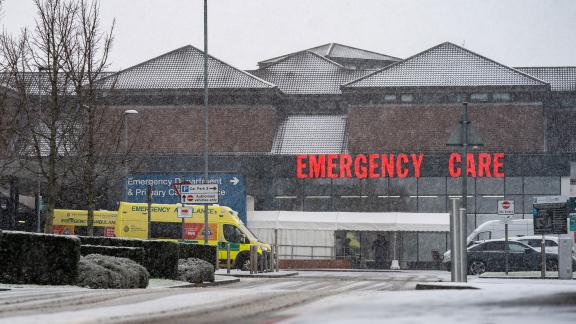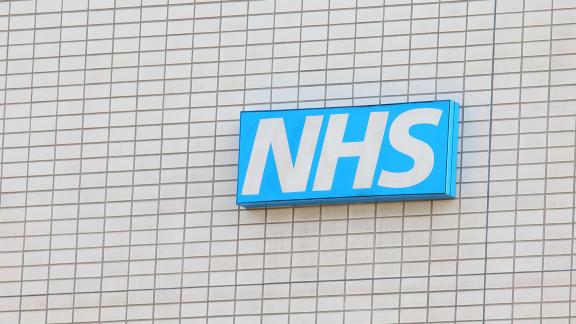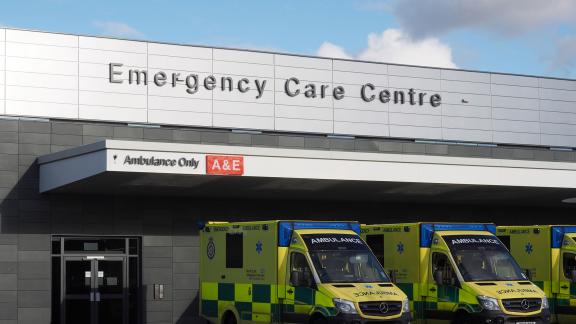Access to urgent and emergency care: Evidence to the Public Accounts Committee

Urgent and emergency care (UEC) services have experienced huge pressure in recent years from rising demand for care. There are multiple dependencies between UEC and different parts of the health system which mean it is impossible to scrutinize the provision and performance of UEC services without looking at how those services interact with other parts of the NHS and wider public services. Problems with capacity in one part of the health and social care system are reflected across different services. As we have increasingly seen in recent months, delays in transferring patients from hospital to social care services when they are medically fit to leave reduces available bed capacity, which results in slower admissions from emergency departments and then to longer ambulance handovers.
As such, this is an inter-linked system and solutions to address these challenges must be system-wide – they must look to address demand for UEC through primary, community and other public services and improving flow of patients out of UEC to other services – or they will at best bring limited benefit. Thus, it is critical that the Public Accounts Committee inquiry on access to urgent and emergency care takes a system-wide view.
NHS and wider public service leaders working across the health and care system want to see the a number of actions introduced in the run-up to winter 2023/24 in order to prevent a repeat or exacerbation of winter 2022/23, and to ensure UEC and the wider system can more sustainably manage patient need in the future.



